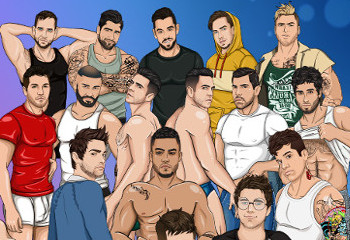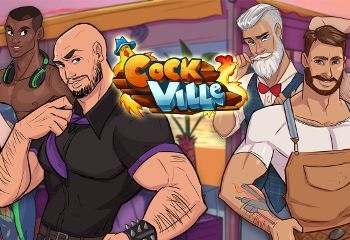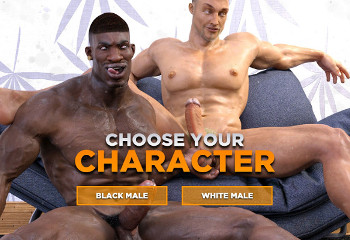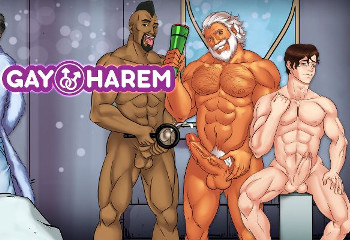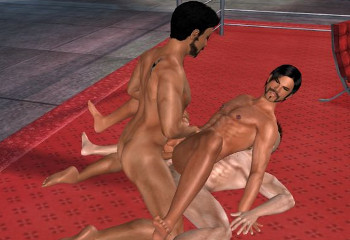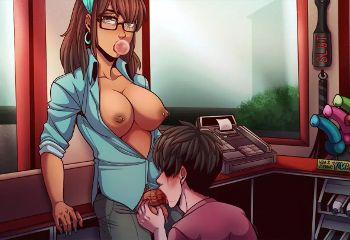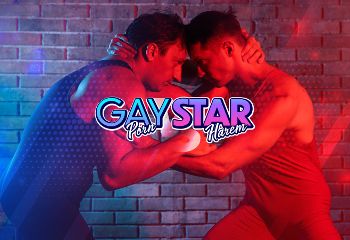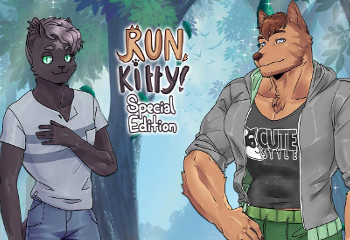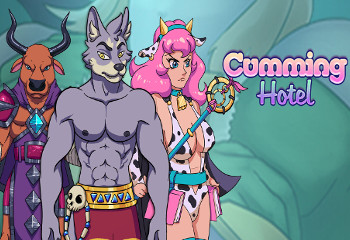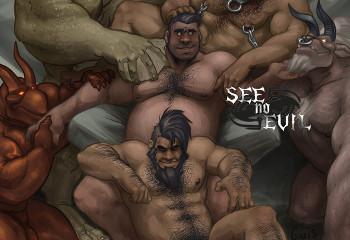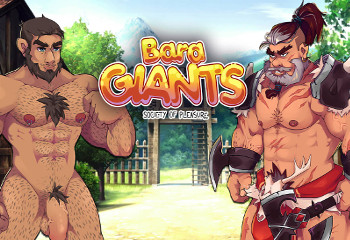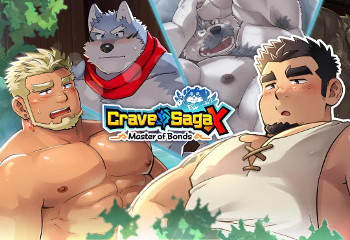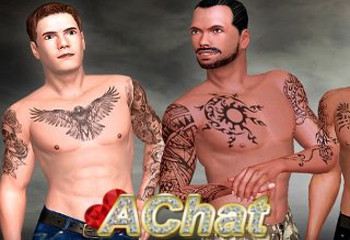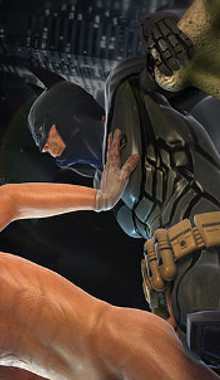
Gay simulation games
The gay simulation games allow players to experience diverse narratives and relationships in virtual worlds. These games reflect real-life experiences and provide a sense of belonging for LGBTQ players. For example, Life simulator gay game The Sims was the first video game to allow same-sex relationships, nearly two decades before nationwide marriage equality in the United States. Other gay simulation games like Fable and Mass Effect allowed characters to engage in homosexual sexual activity.
Many of the gay simulations have long been criticized for their lack of representation of LGBTQ characters. However, developers have recently started creating more gay simulation games that offer a more diverse representation of the community. These games feature LGBT themes in their narratives and gay gameplay mechanics, while exploring the personal journeys of LGBTQ characters.
Some simulation gay games have even included same-sex relationships, such as in the Fable series where players can marry or date NPC townspeople. The Sims game franchise also offers same-sex marriage, while the latest Assassin's Creed Odyssey allows players to romance same-sex characters.
Moreover, new gaysimulation games are redefining the gaming landscape by transporting LGBTQ+ players into immersive worlds filled with captivating stories. For example, the video game Coming Out Simulator 2014 allows players to explore their personal journeys through a variety of characters and environments. The gay simulation is based on real-life experiences and helps LGBTQ+ youth understand their sexuality. It is a great tool for young people who are dealing with depression and anxiety.
Free gay simulations with gays fucking
Video gaming is a major pastime for LGBTQ+ youth, and researchers are working to better understand the impact of these simulation gay games on their lives. One study, LEVEL UP!, will survey 5,000 LGBTQ+ gamers about their experiences with positive and negative representation in their simulations with gays. It will also examine how video game communities support the inclusion of LGBTQ+ characters and storylines.
In gay simulation games you can help players navigate challenging situations by providing safe, affirming environments. A gay character in a video game can be a lifeline for many people, like Bryant, who treasured her Sim as a queer role model. The in-game same gay sex relationships affirmed her sexuality and helped her feel comfortable with herself outside of the gay gaming world.
Not all LGBTQ-friendly gay simulation games deal with heavy issues. For example, Hatoful Boyfriend is a dating sim that lets you romance pigeons. The game's quirky, humorous characters make it an ideal option for LGBTQ+ gamers who are looking for a fun way to explore new relationships.
![]()
Stud Game![]()
Men Bang![]()
LGBT gay games![]()
3DXChat![]()
Cockville![]()
3D Gay Game![]()
ChatHouse 3D![]()
Fap CEO: Men Stream![]()
Gay Harem![]()
3D GayVilla 2![]()
FutaDomWorld![]()
Gay Pornstar Harem
Download gay simulations
Gay simulation games provide a space for LGBTQ+ players to explore different aspects of their identity in a safe and private way. Players can experiment with their gender and sexuality through customizable characters in a more socially acceptable environment than real life. This is known as the proteus effect, named after the Greek mythological god who took on many forms.
Research has shown that gaming provides a safe space for LGBTQ+ youth and adults, and can help them cope with the stress of daily living. It also helps them develop empathy and a sense of community. Researchers from England's University of East Anglia discovered that online virtual worlds, such as World of Warcraft and Guild Wars, can help LGBT and gay gamers find acceptance from their peers.
While not all simulation gaygames incorporate queer mechanics, developers are increasingly making LGBTQ-centered games. For example, a 2004 video game called Vampire the Masquerade Bloodlines features lesbian vampires. This game's storyline is a direct translation of the table top RPG it draws from, and allows players to form their own clans.
The simulation gay games are a great way to immerse players in narratives that resonate with their personal identities and experiences. They also help gamers develop a sense of belonging within the gaming community. As the gaming industry continues to evolve, LGBTQ representation in gaysimulations will become increasingly prevalent and celebrate diversity and inclusivity.
Play simulation gay games online
The early gay representations in simulation games were often subtle, like the reference to Makoto Nanaya's sexual orientation in the BlazBlue series. However, the representations began to grow more complex and inclusive, with titles like The Sims allowing players to create same-sex relationships, breaking barriers in simulation gay gaming.
The indie developers are a key part of this movement, as they are free to explore a range of stories that would not be feasible for large, mainstream simulation gay game companies. For example, Robert Yang has created several short games about gay sex and culture, such as Cobra Club (a dick pic simulator) and Hurt Me Plenty (which explores consent and BDSM). In addition to promoting diversity, these simulation gaygames provide a safe space for gamers to explore their own sexuality in a virtual world.

